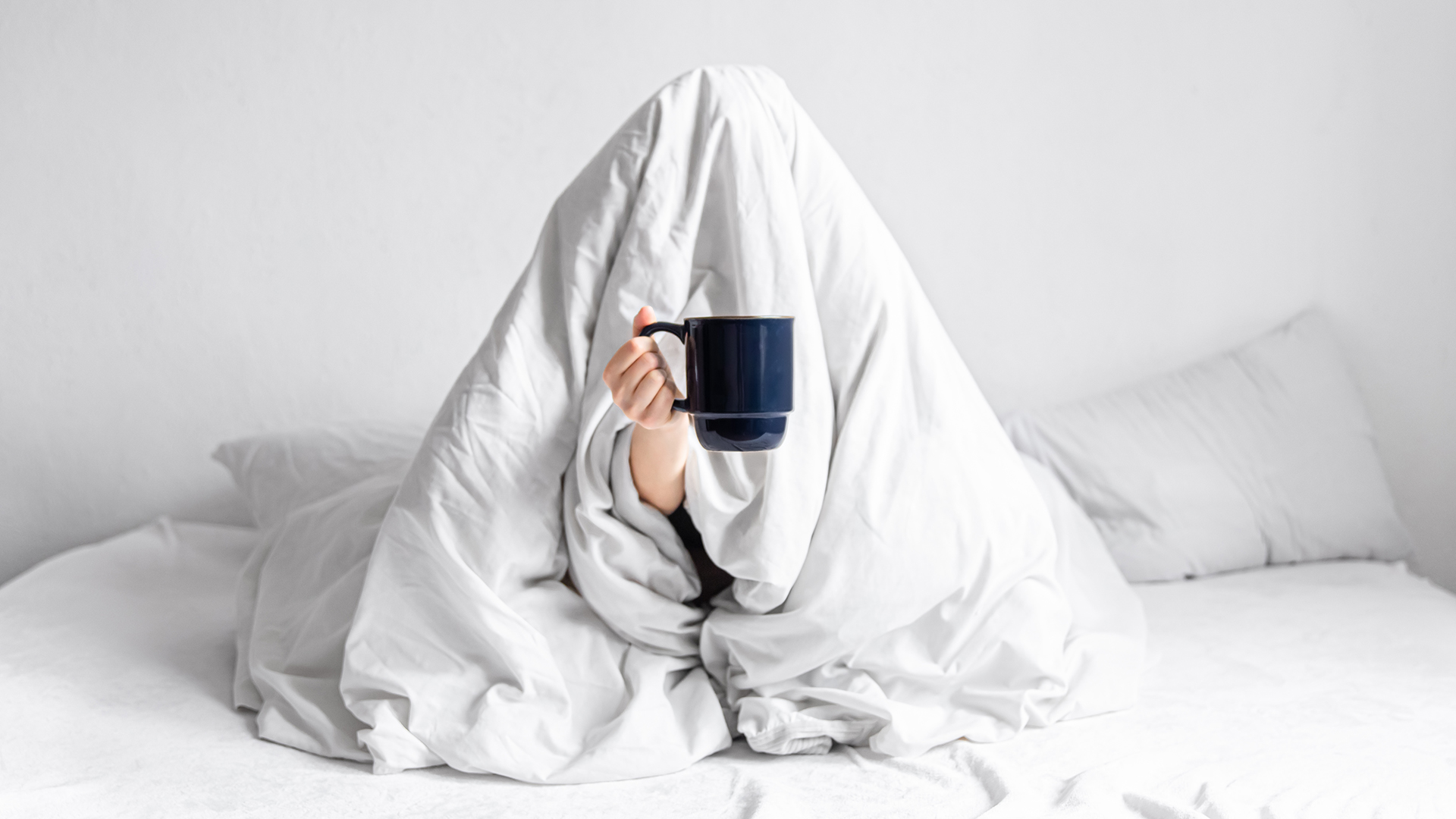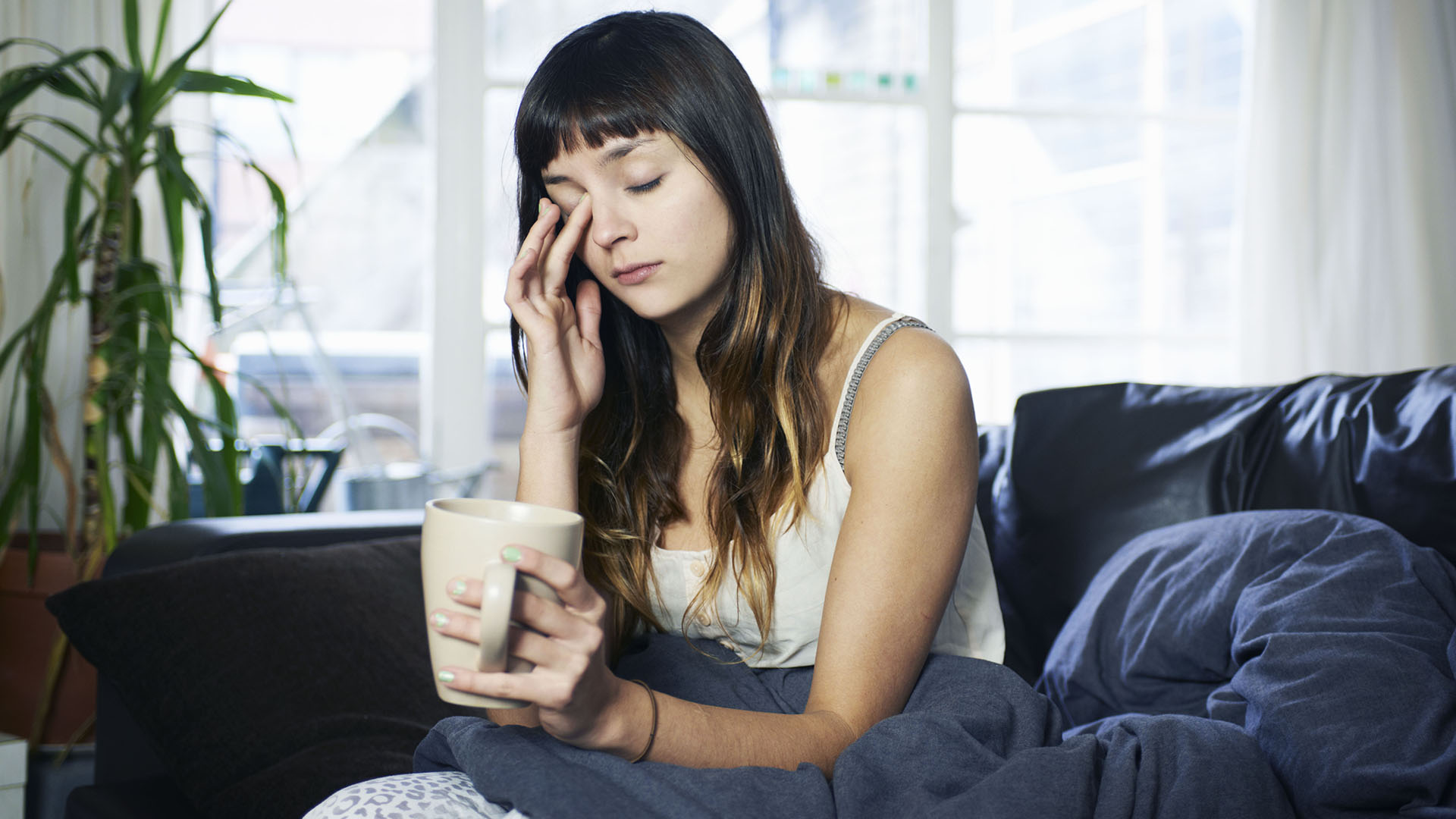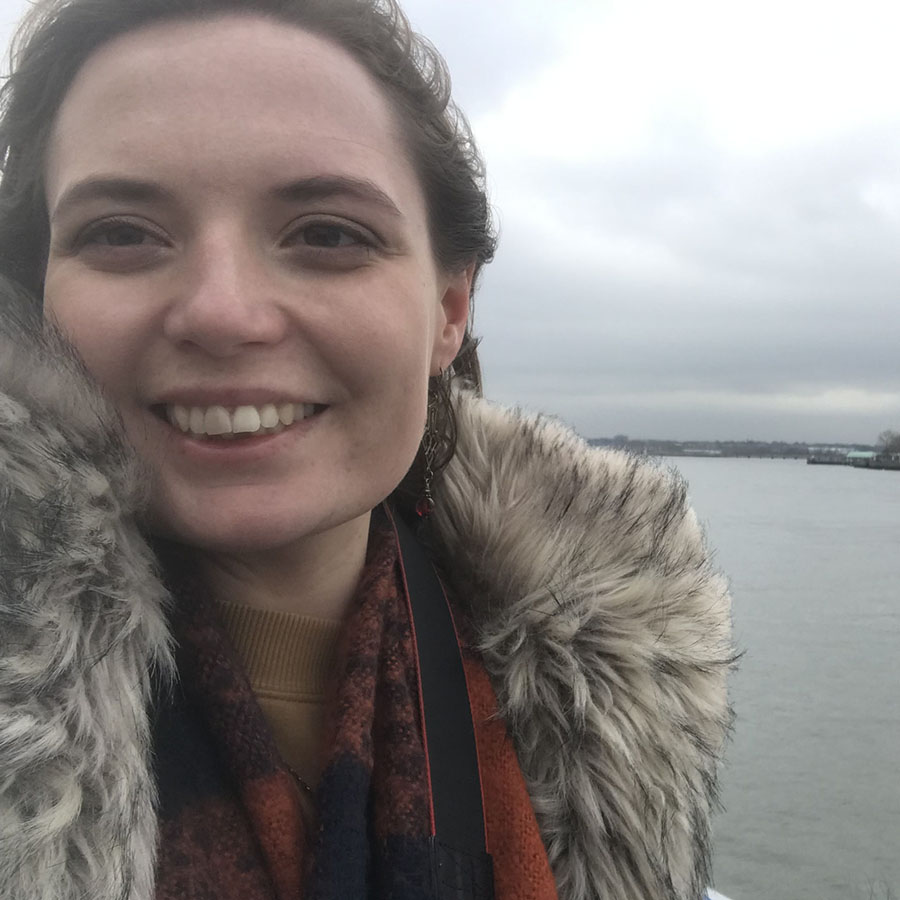The best time in the morning to drink coffee is 10am, not first thing – here's why
Hack your coffee drinking habits for a better morning routine

Sign up for breaking news, reviews, opinion, top tech deals, and more.
You are now subscribed
Your newsletter sign-up was successful
How many of us have a cup of coffee in hand within just a few minutes of getting out of bed? And let’s be honest, the only reason we wait that long is because scientists have yet to develop a way for us to drink coffee in our sleep. (When a caffeine-infused bed is invented, we'll be sure to add it to our best mattress guide.)
However, an 8am espresso might not be the solution to shaking off sleepiness. Rather than turning your alarm off with one hand and reaching for the coffee pot with the other, it might be better to wait at least an hour before drinking something caffeinated.
No, we’re not just saying this to ruin your day. By timing your caffeine intake around the natural fluctuations of your cortisol cycle, you might be able to supercharge your mornings (and avoid becoming immune to the charms of caffeine). Here's why you shouldn't drink coffee first thing after waking up.
Why you shouldn't start your day with coffee
Essentially, you shouldn't drink coffee first thing because the caffeine intake will clash with the high point of your cortisol cycle. Let’s break this down: cortisol is a hormone that helps us wake up and stay awake. Cortisol levels follow a pattern, rising through the early hours of the morning to peak around 8am, before slowly decreasing throughout the day, reaching a low around midnight.

Caffeine, of course, also helps us feel awake, which is why so many of us drink it in the morning. However, it’s in these first few hours of waking up that our cortisol levels are at their highest. So, you’re giving your body a double boost of morning pep that it probably won’t make the most of. And when the effects of both wear off in a few hours time, you might be left feeling extra groggy.
In addition, combining increased cortisol with a strong cup of coffee can eventually decrease your ability to feel the awakening benefits of both. Studies have shown that consuming high amounts of caffeine can diminish the stimulation of cortisol, meaning you won't get such a large dose in the morning. And research also shows you can also grow tolerant to caffeine – then even that venti latte might not get you feeling energized.
So, when should you drink that morning coffee?

By around 10am, our cortisol levels are starting to dip quite significantly. This is the time to reach for your flat white – when the caffeine won't have to fight with peaking cortisol levels to have an effect. Then, aim to finish your coffee drinking at around two or three in the afternoon, so cortisol can decrease, and sleep-inducing adenosine can build up.
Sign up for breaking news, reviews, opinion, top tech deals, and more.
Cortisol levels tend to follow a pattern – low in the evening, reaching a peak in the morning, decreasing throughout the day – but the exact timings change from person to person. If you want to truly supercharge your mornings, pay attention to how your body responds to coffee. And when considering your daily caffeine intake, remember that healthy eating is the best diet for sleep.

Ruth is TechRadar’s Sleep Writer. She’s here to help you find the perfect sleep setup for your budget and personal preferences. As well as keeping a keen eye on everything that’s going on in the world of mattresses, she regularly speaks to experts to help you learn how to improve your sleep habits, whether that’s by debunking sleep myths or explaining the science behind it all. Prior to joining the TechRadar team, she wrote features and product guides for new parents hoping to get a decent night's sleep, as well as writing for a variety of online spaces.